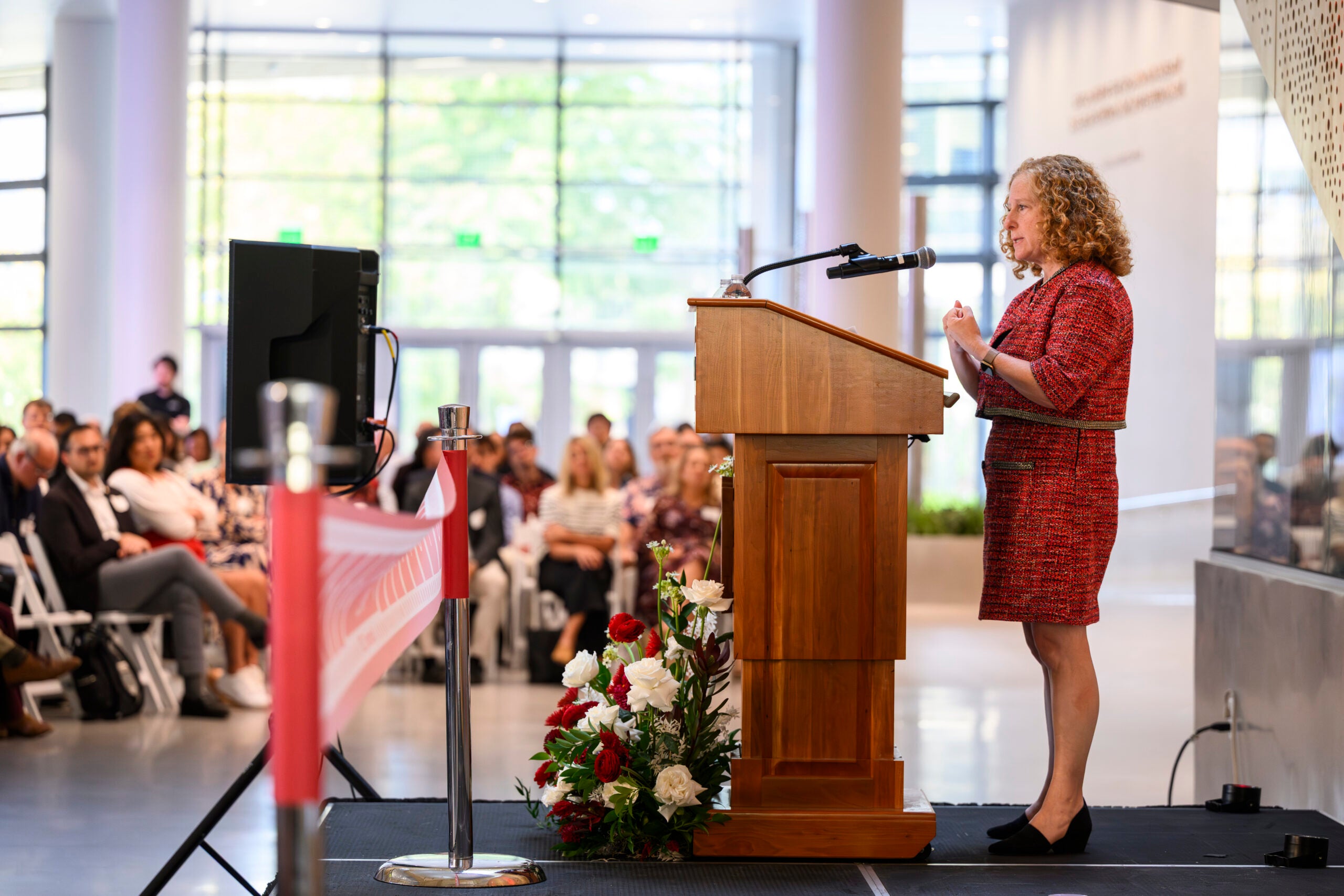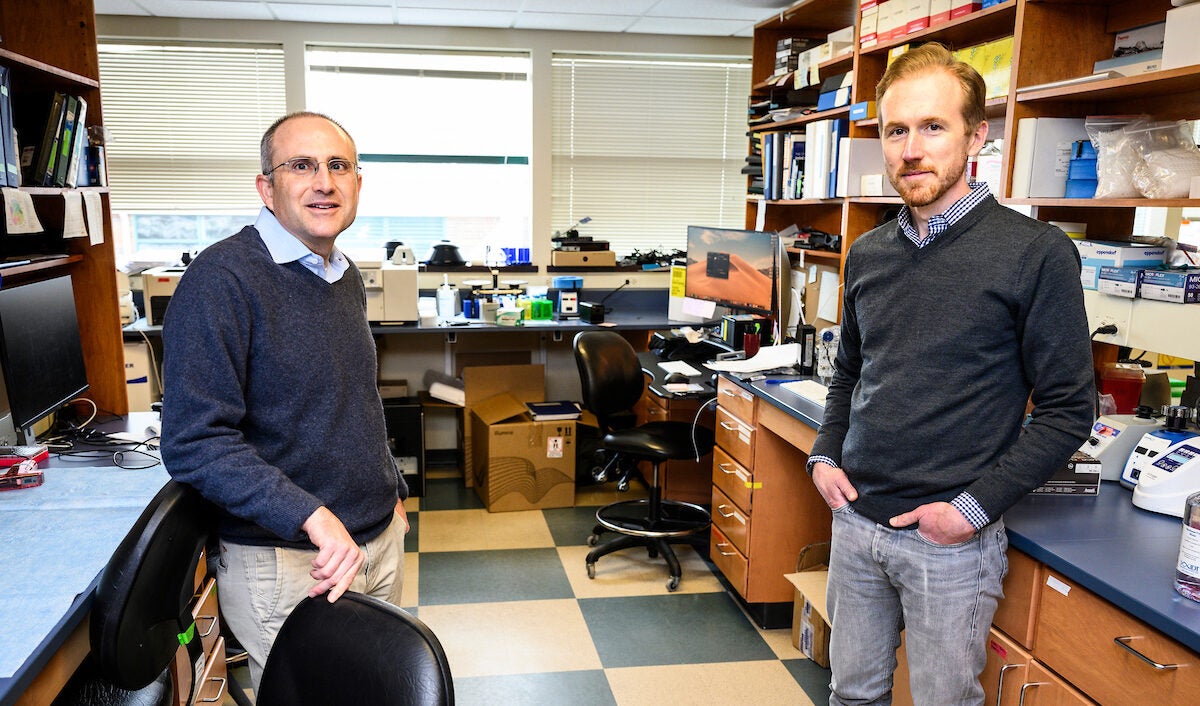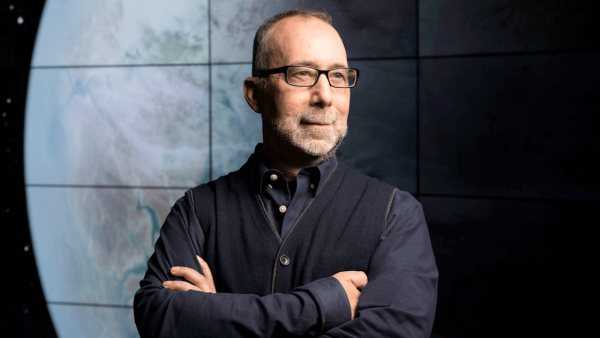There are many incredible scientists, but without people able to communicate with the general public, much valuable information and support is lost. Larry Meiller finds out who some of the great science communicators are today, as well as the challenges facing science and society.
Featured in this Show
-
From 'Mr. Wizard' To DeGrasse Tyson, Scientists Who Share Their Passions Are Key
Science and technology are all around us all the time, but whether people truly appreciate and understand what’s going on and why it’s important often comes down to how well complex ideas are presented to the general public.
One person who has made communicating about science his life’s work and passion is University of Wisconsin-Madison Chemistry Professor Bassam Shakhashiri. He’s not only a respected scientist, but he’s committed to showing children and adults alike how amazing science can be. Shakhashiri said he feels that as a scientist, developing those communication skills is vital for many reasons.
“Not the least of which,” he said, “is to shares the joy of discoveries that we make in science. And to try to communicate the benefits of scientific advances, I would say, scientific and technological advances.”
I think it’s to the benefit of all to learn about the wonderful discoveries that have been made, whether they were serendipitous or whether they were done with careful analysis and careful planning. Science has advanced our society greatly since the Industrial Revolution … science contributes greatly to our well-being. Science and tech are the engines that drive our economy. Progress in society depends to a large extent, not only on the discoveries and developments that are made in science and technology, but in the ways that people use them, and the ways they put them to use, and the ways they realize that they have potential for doing good …
When all of those discoveries and knowledge are well-communicated to the general public, the result is science literacy. Shakhashiri said it as “the appreciation of science and technology. … It’s so enriching, it’s so rewarding, and it’s through these interactions that we in science also learn from the non-scientists about a variety of questions, a variety of issues, that confront us as a society.”
Depending on a person’s age, there are different science communicators who have influenced and excited generations. The astronomer Carl Sagan reached many people through his television program, “Cosmos.” Even earlier, “Mr. Wizard,” also known as Don Herbert, captivated children and adults alike with his TV show with great hands-on science experiments.
“Bill Nye the Science Guy” uses different media and approaches to bring science in reach. As his website says, “Bill Nye, scientist, engineer, comedian, author, and inventor, is a man with a mission: to help foster a scientifically literate society, to help people everywhere understand and appreciate the science that makes our world work. Making science entertaining and accessible is something Bill has been doing most of his life.” His website includes many home demonstrations and experiments that budding scientists can try.
Who knows, maybe his participation in the current season of Dancing with the Stars will further increase his audience.
Another important advocate for science and science literacy is astrophysicist Neil deGrasse Tyson. While he has participated on high-level governmental science committees, testified before Congress, and writes for his peers in the scientific community, deGrasse Tyson is also deeply committed to writing for and speaking to the general public.
“I would teach how science works as much as I would teach what science knows. I would assert (given that essentially, everyone will learn to read) that science literacy is the most important kind of literacy they can take into the 21st century. I would undervalue grades based on knowing things and find ways to reward curiosity. In the end, it’s the people who are curious who change the world,” deGrasse Tyson said.
Shakhashiri himself is a great example of reaching out to the public and really communicating his own passion and excitement about science. Whether it is his Science is Fun website — complete with experiments to do at home and the chemical of the week — or his live chemistry shows, or his appearances on The Larry Meiller Show, his enthusiasm can be infectious.
The Wisconsin Science Festival runs from Sept. 26 to Sept. 29. With a theme of “Curiosity Unleashed” and events happening all over the state, it’s an opportunity for children and adults to explore and learn about different branches of science. Those interested can examine a program guide for events nearby on topics of particular interest, sorted by the age of the intended audience.
Episode Credits
- Larry Meiller Host
- Judith Siers-Poisson Producer
- Bassam Shakhashiri Guest
Wisconsin Public Radio, © Copyright 2025, Board of Regents of the University of Wisconsin System and Wisconsin Educational Communications Board.




